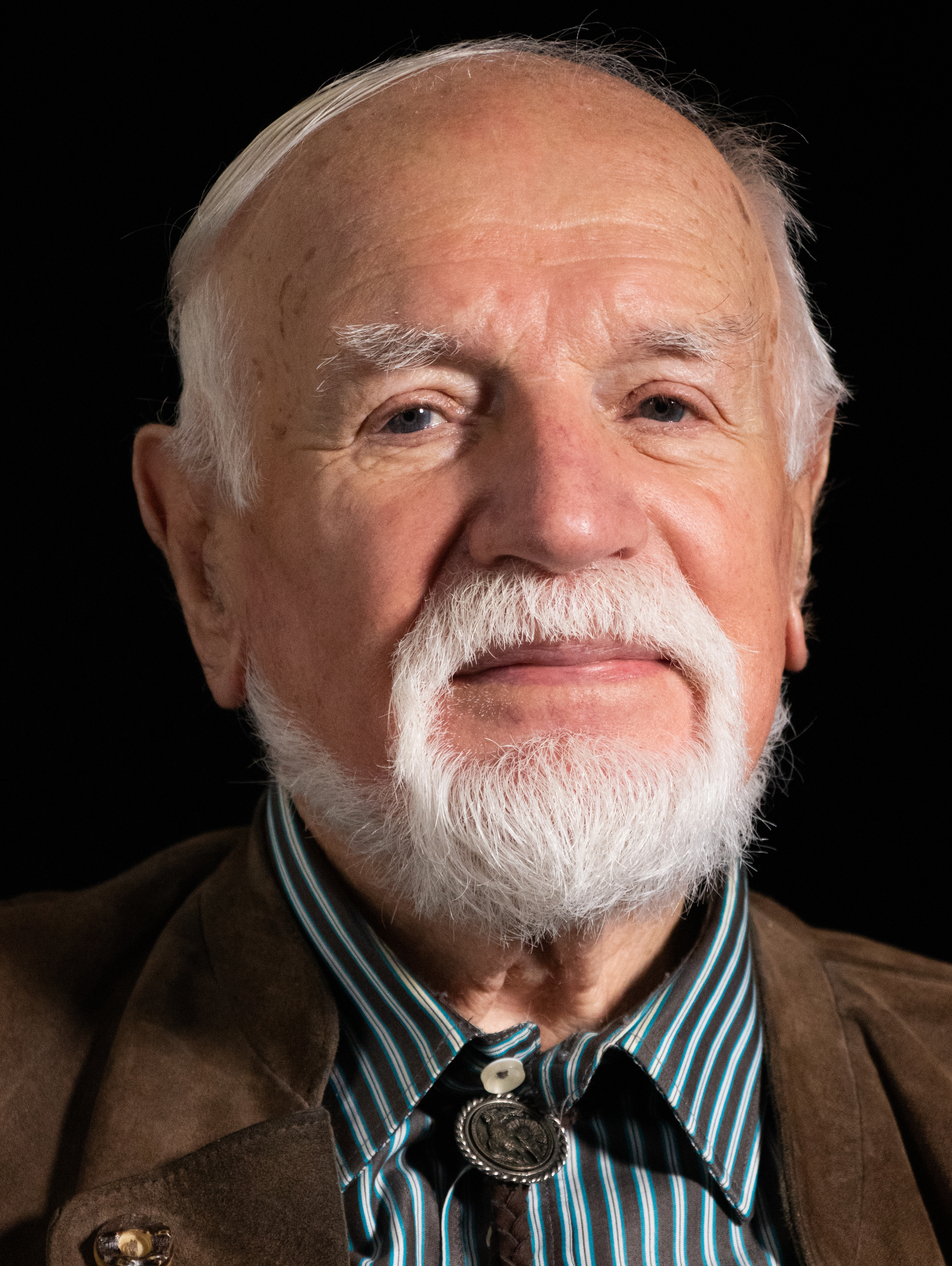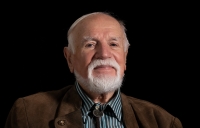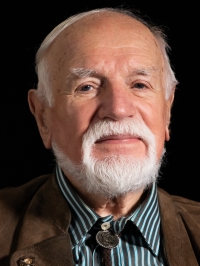There was a lot to worry about before we got to Bavaria. Then, the fear disappeared but homesickness still remains

Download image
Rudolf Hannawald was born on the 2nd January of 1932 in Mezirolí where his family ran a small farm and a pub. Produce from their fields and orchards was supplied to hotels in Karlovy Vary. There were ten children in the family who joined in all sorts of tasks on their farm, especially after the death of their father in 1942. In 1945, a Czech administrator was assigned to their farm and he denied the Hannawald family access to all their food supplies. Mr. Hannawald talks about the relationship between Germans and the Czechs who kept moving to Meziroli after the end of WWII. In 1946, the family was expelled to Fristingen (nowadays a part of Dillingen an der Donau). In search of work, Mr. Hannawald moved to Lampertheim in Hessen where his sister lived. He still loves dearly the Cheb area where he comes from and thank to his activities in the Eghalanda Gmoin [Egerlander Gemeinde = Society of Cheb Area Natives], he met his current wife Elfriede. They live together in Neualbenreuth not far from Waldsassen close to the Czech border.

